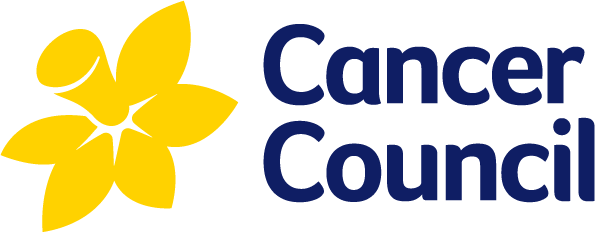Welcome to Your Breast Health Blog!
This blog is your resource for understanding breast health, addressing common concerns, and staying informed about the latest research in breast care.
Quitting will benefit your health
Quitting smoking is one of the most important things you can do to reduce your risk of cancer.
Tobacco smoke contains more than 7000 chemicals, including over 70 carcinogens (chemicals known to cause cancer).
There are immediate health benefits as soon as you quit smoking, even if you already suffer health problems.
No matter how long you have smoked, quitting will benefit your health in both the immediate and long-term future.
Giving up smoking can be hard, so ask your friends and family to help. Many smokers need to practise quitting several times before they give up for good. Keep trying. Practice helps you plan what to do the next time you get an urge to smoke.
Which method is best – cold turkey, cutting down, patches, or medications? Research shows that it is more effective to quit all your cigarettes at once (cold turkey) rather than slowly reducing the amount of cigarettes you smoke.
Some suggested approaches are outlined below. However, to improve your chances of quitting for good, use: Quitline AND Nicotine replacement therapy (NRT) – such as patches, mouth spray, gum, inhaler OR Quitting medication. If you choose NRT alone, a combination of the patch and a fast-acting product, such as nicotine mouth spray or gum, is the most effective.
Using nicotine gum, patches, lozenges, tablets or inhalers may be useful for heavy smokers, though most smokers quit by themselves. Your doctor or pharmacist will explain how to use these products.
Prescription medications can help to reduce withdrawal symptoms when you quit, such as cravings, irritability, and anxiety. But it may not stop them completely.
Some people try herbal remedies, spiritual healing or other alternative therapies, but there is insufficient evidence about how effective these methods are to help you quit.
The first few days of quitting can be the hardest, as you may feel tired, irritable and tense. After about one to two weeks most of these symptoms will disappear.
If you have any concerns or questions, please contact your doctor.
This blog is your resource for understanding breast health, addressing common concerns, and staying informed about the latest research in breast care.
Preventative health is for everyone – what should you be doing? Prevention is better than cure and starts at any age. Take a risk quiz


What the screening test results mean for you

Around 14,000 new cases of bowel cancer are diagnosed each year in Australia.
The chance of a woman up to age 85 developing breast cancer is one in eight.
Our quizzes help to determine your risk of disease and will remind you of essential check-ups (if you should need one).
At the end of the quiz you will be presented with a recommendation based on your answers.

We work with


Disclaimer
Doctors.com.au does not warrant or hold any responsibility for this fact sheet. Fact sheets are provided to doctors.com.au from relevant third party partners and companies.
Doctors.com.au will not be held responsible or liable for any errors or omissions that may be found in any of the information on this fact sheet, and you are encouraged to consult other sources to confirm the information, and in the event that medical treatment is required, to take professional expert advice from a legally qualified and appropriately experienced medical practitioner.
 Need a doctor now? Speak to a GP in minutes via phone or video consult.
Need a doctor now? Speak to a GP in minutes via phone or video consult.